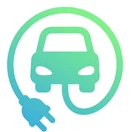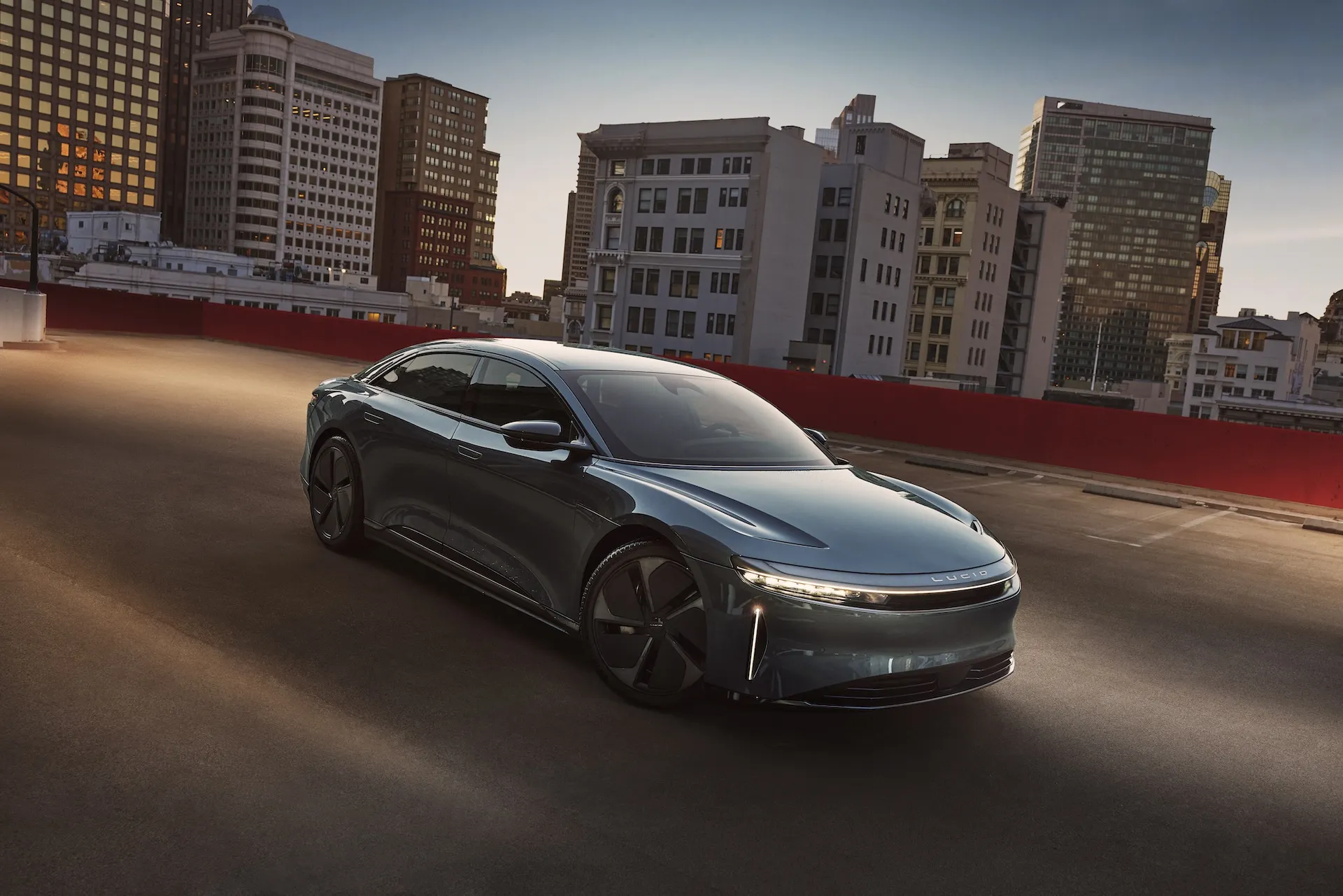In a new white paper, the group notes that boosting efficiency allows for smaller battery sizes, which in turn cuts costs. Most EVs average 2.5 miles per kwh, according to the paper, but the Tesla Model Y averages 3.5 miles per kwh. That’s a 40% increase which, assuming similar range, allows for a 40% reduction in battery size that’s worth up to $4,800 in cost savings, the ACEEE reasons.



Using my Model Y effective range for comparison, this would drop the range in ideal conditions to about 200mi. In cold weather this would probably look more like 150mi or less. With the recommended 80% limit for regular charging, that could be as low as 120mi. That’s also assuming it’s always plugged in at home which isn’t the case for everyone, and harder to do when you have two EVs sharing a home charger.
The other significant tradeoff is the time it will take to charge on a longer trip. You’ll be charging more frequently, a smaller battery may charge slower, and you’ll need to charge to a higher percentage in order to continue your trip. It may take 20 min to get that first 80% charge at an L3 station but if you need the last 15-20% it could take an additional 25 min. This is also ignoring the increased utilization of busy charging locations, where two vehicles at a single stall will each charge slower.
I’m a huge advocate for EVs but I would not be comfortable with that range or happy with the experience on longer trips, and these are top concerns for potential buyers.